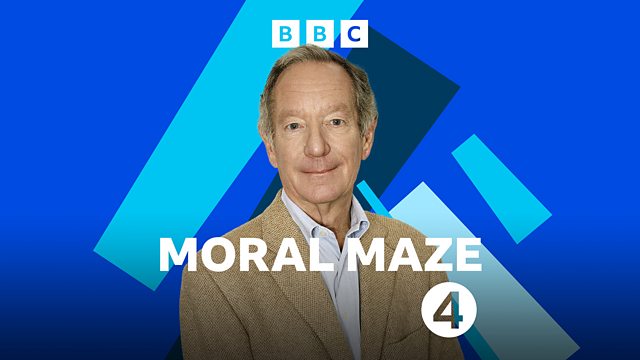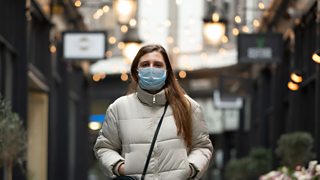Isolation
Combative, provocative and engaging live debate chaired by Michael Buerk. With Michael Portillo, Mona Siddqui, Melanie Philips and Giles Fraser. #moralmaze
Some of the UKβs national parks saw visitor numbers soar to bank holiday levels over the weekend. The message about social distancing and self-isolation is taking time to sink in. "Life should not feel normal," said the Scottish First Minister, Nicola Sturgeon. If it does, she added, βYou should ask if you are doing the right things." The publicβs response to these unprecedented times has exemplified the best and the worst of humanity. What, then, does the coronavirus crisis tell us about the fundamental nature of our species? Your answer to that question will depend on whether you agree with the 17th century philosopher Thomas Hobbes that people are naturally disposed to βrapine and revengeβ; or with the 18th century thinker Jean-Jacques Rousseau that humans are essentially good. The tussle between self-interest and altruism has been part of the human condition since we were decorating caves. Now an ever-tightening lockdown will make life-changing demands on all of us. We are social animals who evolved and adapted to survive in groups, so how well are we equipped to cope with extended periods of self-isolation? Some predict an epidemic of depression and suicides. Others argue that we are far more adept at developing our own inner life than were our ancestors in the ancient world, who saw exile as a fate worse than death. Are we right to be worried about the moral and psychological effects of a prolonged lack of human contact? Or are we more resilient than we think? With Hilda Burke, Andrew Colman, Julia Hartley-Brewer and Mark Vernon.
Producer: Dan Tierney.
Last on
Broadcasts
- Wed 25 Mar 2020 20:00ΒιΆΉΤΌΕΔ Radio 4
- Sat 28 Mar 2020 22:15ΒιΆΉΤΌΕΔ Radio 4
Featured in...
![]()
Coronavirus
The facts and the context behind the COVID-19 from Radio 4.
Podcast
-
![]()
Moral Maze
Live debate examining the moral issues behind one of the week's news stories. #moralmaze




